Purchasing Managers’ Index
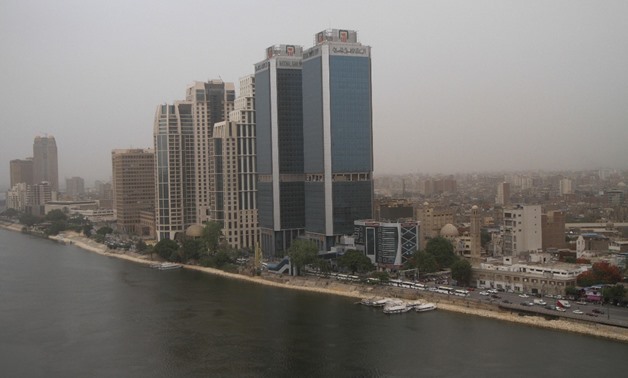
The latest data from the PMI sub-components presented a mixed picture, with the output and new orders indices being the main factors keeping the overall index below the neutral mark.

S&P attributed the drop to falling sales volumes and rising price pressures, leading to the 38th consecutive month in which Egypt’s non-oil private sector activity narrowed
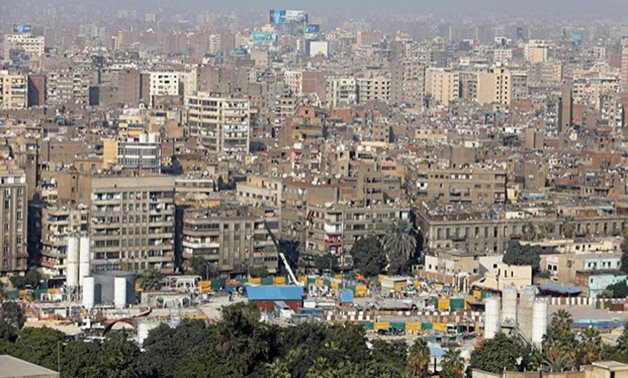
It clarified that businesses saw demand slump in the face of sharply rising prices, a devalued pound and material shortfalls.

It noted that the index signaled a solid deterioration in business conditions that was the second-fastest since June 2020.

It noted that the latest reading indicated a solid decline in the health of the non-oil economy that was the sharpest recorded since June 2020.
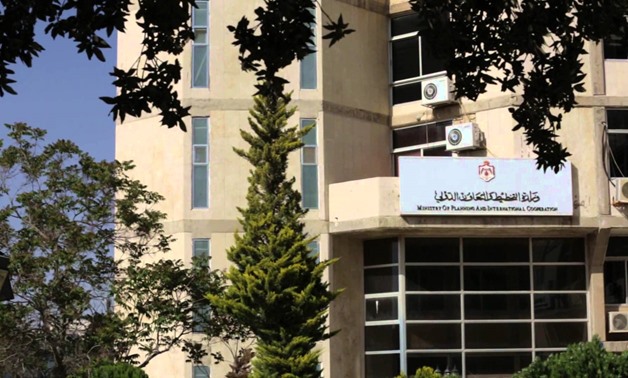
The PMI report indicated that the index scored 49.1 points during July 2021, in addition to the Egyptian labor market moving to the scope of expansion in July 2021 for the first time since October 2019, according to a statement issued, Wednesday.

It added that the rate of decline was the softest for three months, and the index was also above its long-run average of 48.2.
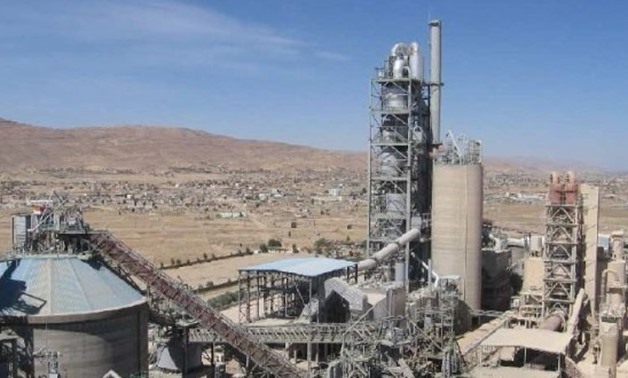
ُhe Egyptian non-oil private sector faced a further deterioration in business conditions in June, although there were positive signs as rates of decline in both activity and new business slowed considerably from May.
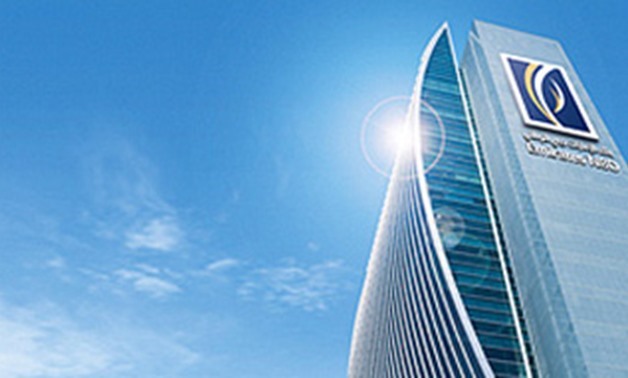
“This slowdown will be a challenge to Egypt’s economy in 2020.”
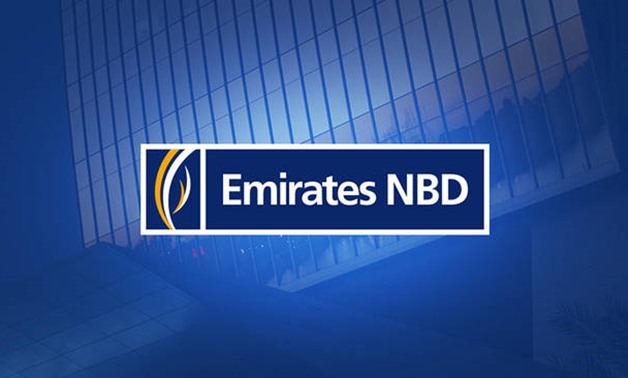
HIS Markit said in a report that business sentiment around future activity soared to the highest in one-and-a-half years in August, as more Egyptian firms expressed optimism for growth.

This improvement came as a result of the slight growth of output and new orders, while employment continued to fall.

"Egypt’s non-oil private sector remained under pressure in June, although the pace of decline slowed from May," MENA Economist at Emirates NBD Daniel Richards commented.
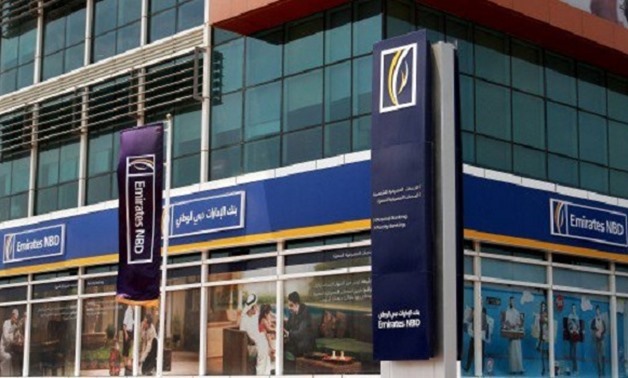
It said that the private sector has continued to bear the brunt of ongoing reform economic efforts in Egypt, and will likely remain under pressure in the summer.

“The index has remained stubbornly in sub-50.0, and while we continue to expect an improvement in conditions over 2019, Egyptian firms clearly remain under pressure.”
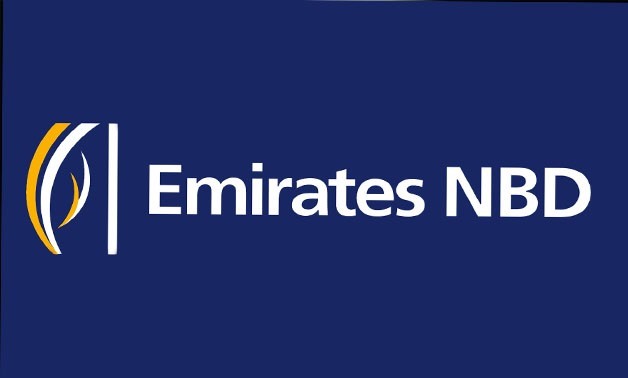
PMI for the non-oil private sector fell to 48.5 in January, compared to 49.6 in December, recording the lowest level since December 2017.
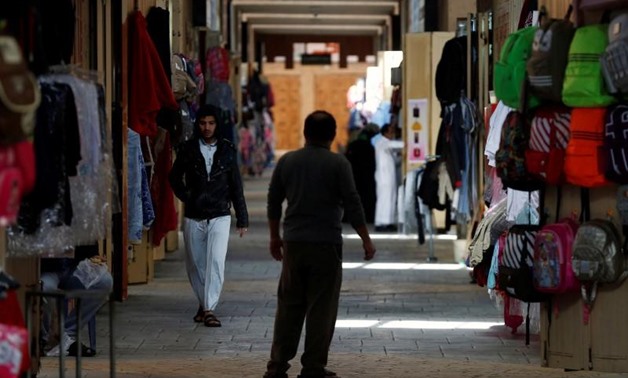
The seasonally adjusted Emirates NBD Saudi Arabia PMI edged down to 57.3 last month from a 2-year high of 57.5 in November.
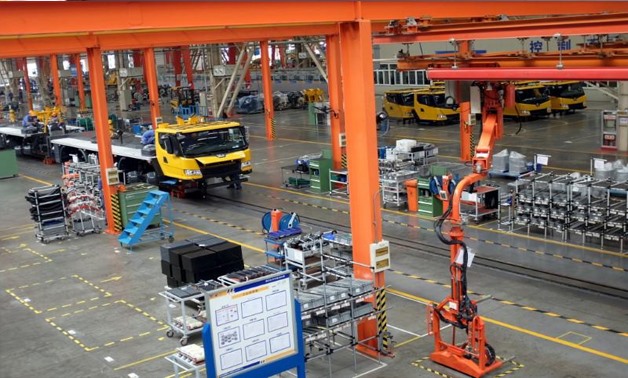
China’s manufacturing activity grew at the fastest pace since 2012 in September as factories cranked up output to take advantage of strong demand.